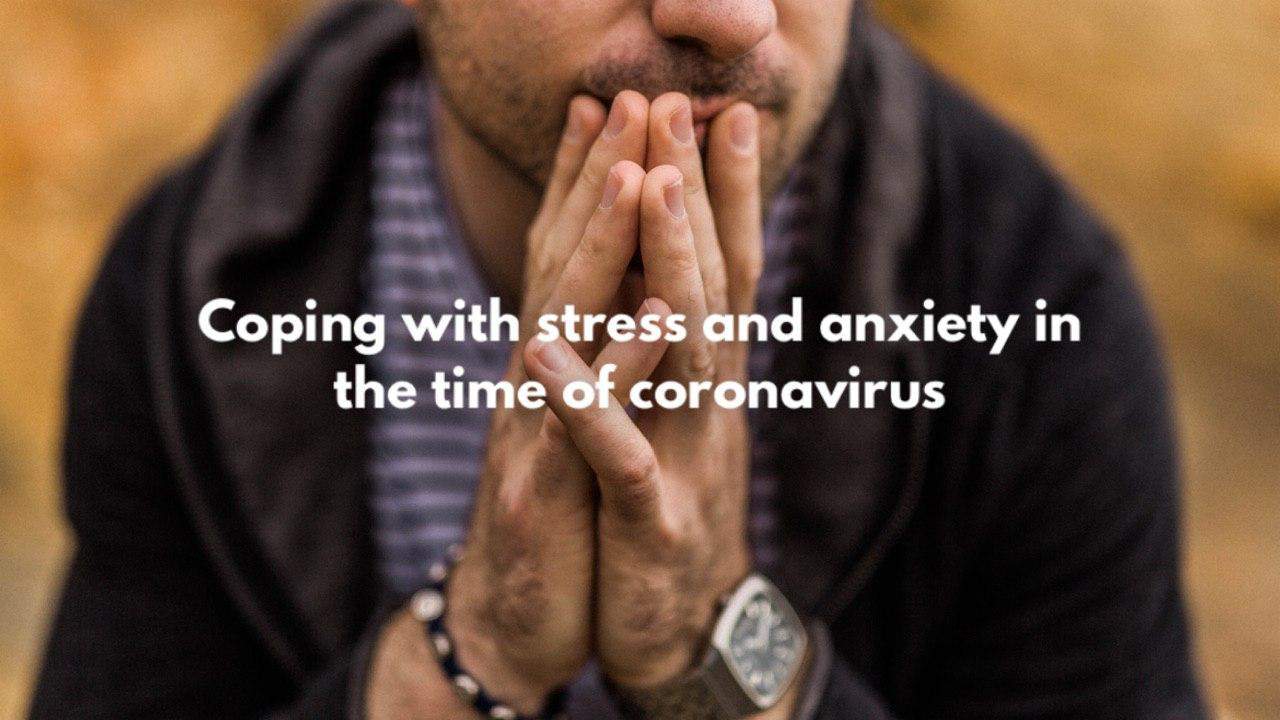With over 1 million orders

IS THE PANDEMIC ADDING TO YOUR ANXIETY?
You’re already worried about joint pain and flare ups, imagine tacking on the anxiety that comes with living through a pandemic on top of that.
You’re not alone–even healthy people are worried about COVID-19. Imagine how overwhelming the feeling can be for those of us who suffer from chronic pain and are immune-compromised.
Like you, we find ourselves dealing with the stress and uncertainty of our new normal in addition to living with our condition. And we wanted to start a conversation about that because we wanted to remove any stigma surrounding it. No, you’re not overreacting–and any anxiety you feel over it is a perfectly normal response to the coronavirus.
Being extra wary about how COVID-19 can impact your life as an arthritis or chronic pain sufferer just means you’re fully aware about the real risks that you face. And it gives you the opportunity to learn exactly how you can protect yourself and stay healthy despite your condition.
That said, the key is to make sure that you don’t let the anxiety you feel spiral out of control. Uncontrolled anxiety can be very harmful to your condition—amplifying pain and exacerbating fatigue. Be conscious of that fact that you’re not necessarily in any imminent danger and that there are ways for you to ease the anxiety that you feel.
For example–
1. Be Confident In Your Ability to Take Care of Your Needs
A lot of us have been living with arthritis and chronic pain for a long time now. Sure, the anxiety this pandemic has added is new and overwhelming, but pre-coronavirus weren’t we all pretty good about taking care of ourselves already? Weren’t we already particularly diligent about following the steps necessary for preventing infections? Haven’t we been careful about the food we eat to keep ourselves in top shape? Don’t we always try to incorporate exercise in our routine as a way to keep our joints healthy and minimize our symptoms? These are all the same things that are being asked of us now. So remember that and know that you’re already an expert at taking care of yourself.
2. Don’t Try To Control Everything
As arthritis sufferers, we find ourselves trying to control everything. Often it’s brought on by a fear of losing our independence due to our condition, but that anxiety can easily translate to the new challenges that we have to face amid the pandemic.
Remind yourself that while there are some things that will be out of our control, our ability to take care of our sense of wellbeing is entirely in our hands. For instance, we can choose to rest instead of constantly pushing ourselves to do more than we have to; we can opt to eat better to nourish our body; we can make it a point to practice diligent hand washing and follow through on other preventative measures. You even reach out to your doctor and ask them what else can you be doing to stay healthy both physically and mentally during this time to give you more peace of mind.
3. Minimize Media Consumption
This one is a little tricky, especially given that we’re all being asked to shelter indoors and we have a lot of time to spend on the Internet. While it’s good to keep yourself up to date on current events and stay on top of everything that’s happening, there’s also a lot of not-so-positive, pandemic-related news happening in the world right now. This can be very detrimental to our mental well-being. Find a good balance between staying informed and minimizing information overload.
4. Practice Mindful Meditation and Relaxation Techniques
A racing mind and heart are hallmarks of an anxiety attack. But often, early signs of anxiety can be felt in your muscles—specifically your neck and shoulders—which tend to feel tight and tense when you start to feel worried or threatened. We suggest taking some time to meditate and going through breathing exercises to help calm yourself down.
5. Remember, It’s OK To Ask For Help
Sometimes, it just can’t be helped, we get stuck in our own heads and we need someone to talk to so we can express our fears and get the reassurance that we need. This could mean calling your rheumatologist, opening up to family, friends, a caregiver, or even joining a trusted online community where you can talk to people who share the same experiences.
It’s tough trying to live with arthritis and chronic pain. Even tougher when we have to do it amid a global pandemic. So don’t neglect your mental and emotional well-being during this time.
